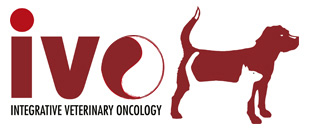The immune system is a network of specialized cells that has evolved to defend the body against “foreign” invaders (antigens), including viruses, bacteria, and parasites. The role of the immune system in prevention, control, and destruction of tumors is complex and not as well understood.
The aim of cancer immunology is to develop new approaches to fighting cancer by enhancing the body’s own natural immune defense. These immune activating therapies are referred to as immunotherapy or biologic therapy.
There are many ways in which the immune system function may be enhanced and include both specific and non-specific mechanisms. Immunostimulants are nonspecific agents that boost immune defenses. These include the bacterial preparation bacillus Calmette-Guerin, interleukin-2, liposome-encapsulated muramyl tripeptide (L-MTP) and alpha interferon. A number of nonsteroidal medications including piroxicam, sulindac, aspirin, and indomethacin have been shown to have anti-tumor activity.
Specific immunomodulation includes the use of monoclonal antibodies, tumor vaccines, radioimmunotherapy, gene therapy, and antiangiogenic therapy. These therapies are designed to specifically target tumor specific antigens, genes and growth factors that are important in the development, growth, and metastases of cancer.
The most widely used and available immunotherapies in veterinary patients are immunostimulants and cancer vaccines. Some immunostimulants such as nonsteroidal medications, interferon, G-CSF, and cimetidine are commercially available. A tumor vaccine has now been FDA approved for use in dogs with melanoma.
Back to Western Medicine
|
|
